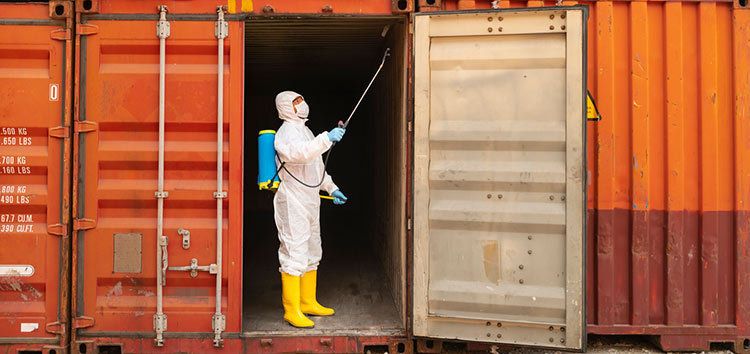The supply of trade finance in the world registered a year-on-year decrease of 20% with data as of November 2020, the International Chamber of Commerce (ICC) reported in a meeting with representatives of the World Trade Organization (WTO).
A representative of the ICC indicated that this reduction was due to the fact that several large banks had exited the market, some of them due to fraud, while others had reoriented their activities towards larger companies whose risk profiles were considered better.
From ITC’s perspective, progress is required in the digitization of trade finance.
Overall, a WTO Working Group examined the effects of the Covid-19 pandemic on the availability of trade finance.
In a first meeting in July 2020, several WTO Members from Africa, Latin America and Asia took the floor to point out that, since the beginning of the pandemic, the shortage of international trade finance had worsened and impeded imports of the products and medical equipment necessary to combat the pandemic and exports of essential products in their respective countries.
The representatives of these countries described the operational difficulties they had faced during the confinements and immediately after, including the lack of availability of documents for the processing of requests for international trade finance and the refusal of payment by buyers. as well as the increasing difficulties of SMEs to obtain and repay commercial loans.
International Trade
Particular emphasis was placed on the particular aspects of SMEs, given that the vast majority of traders in developing countries belonged to this category of companies.
Some Members described the policy measures applied by their Governments to address the situation, such as programs for the extension and deferral of commercial loan repayments, as well as credit guarantee schemes where available.
At a subsequent meeting on 10 November 2020, the Working Group on Trade, Debt and Finance re-examined the issue of trade finance and existing shortcomings.
There, the representative of the European Bank for Reconstruction and Development (EBRD) pointed out that the crisis caused by Covid-19 had led to significant disturbances in existing supply chains (due to temporary closures of factories and retail stores as well as border closures) and that the availability of international trade finance had declined even more rapidly in the countries where the EBRD operated, as risk appetite from confirming banks had been greatly reduced. quickly, especially for emerging markets.
The EBRD had doubled its intervention limits under the Trade Finance Facilitation Program to support its members in these difficult times.
![]()

